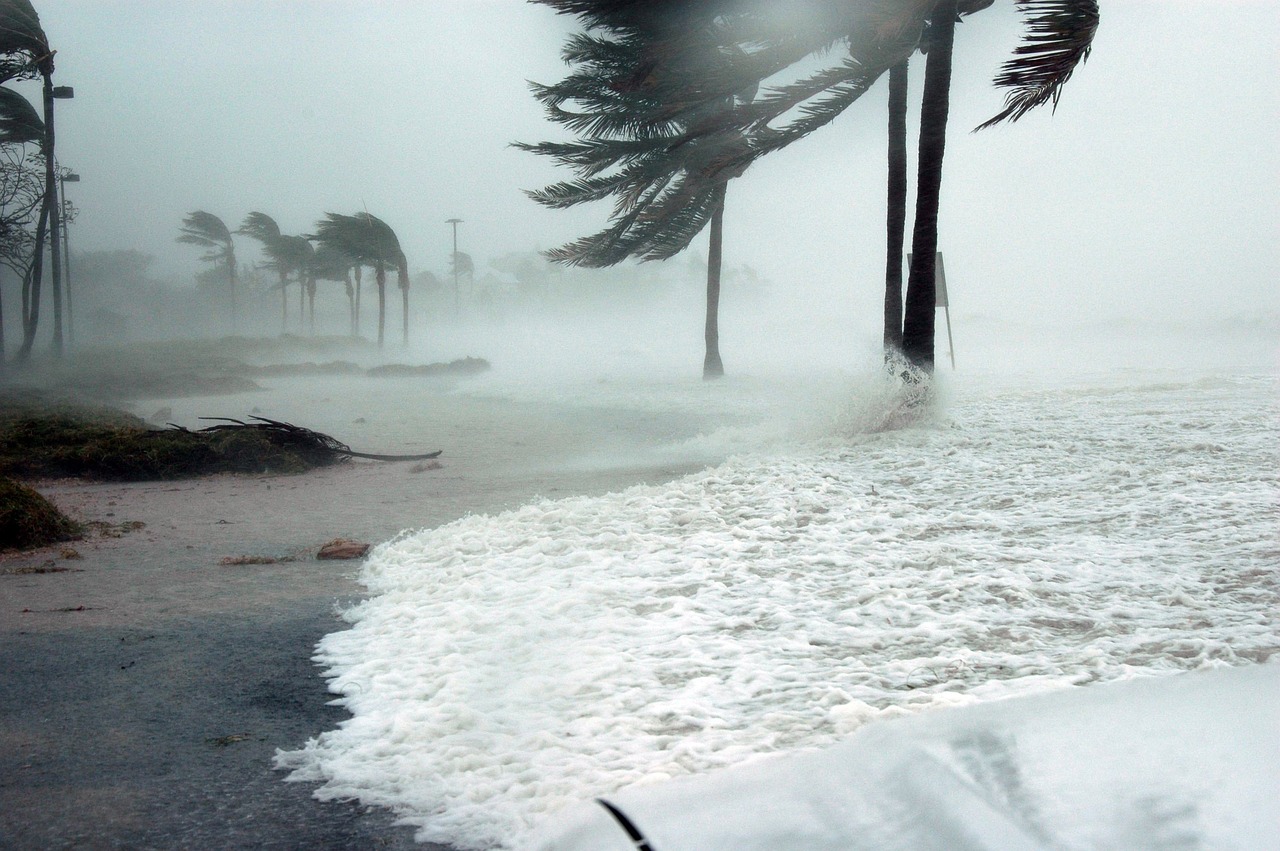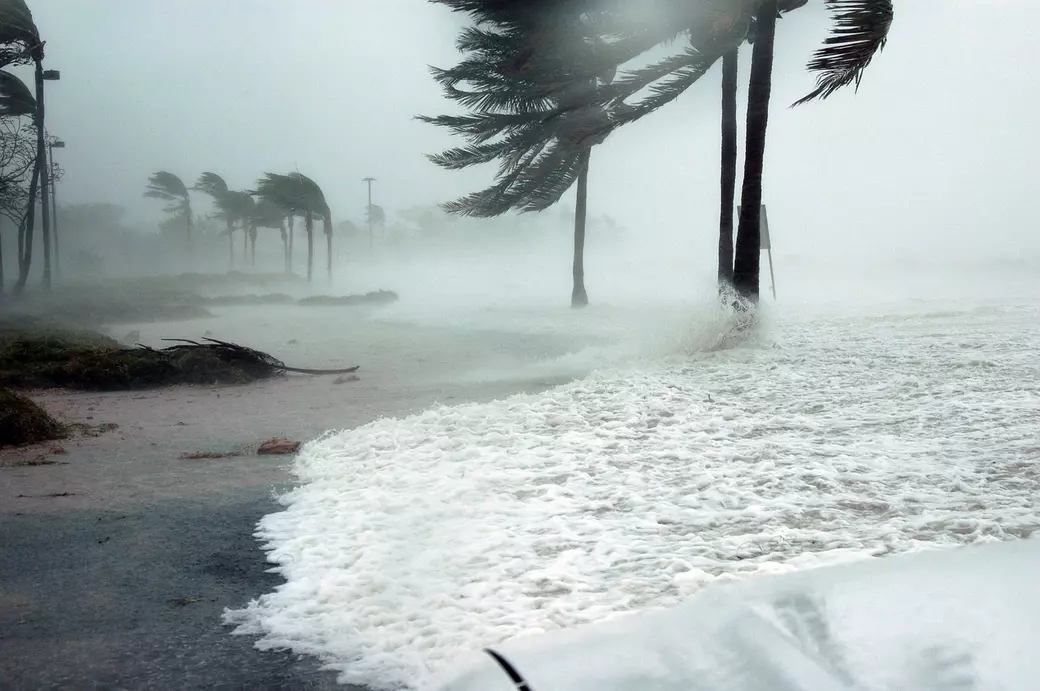Blog > What to Do After a Hurricane: A Florida Homeowner’s Guide to Recovering from Storm Damage
What to Do After a Hurricane: A Florida Homeowner’s Guide to Recovering from Storm Damage
by
As a Florida homeowner, hurricanes are an unfortunate reality. While preparing for a storm is essential, knowing what to do after the hurricane passes is just as critical—especially if your property sustained damage. Whether you’re navigating insurance claims or seeking financial assistance, acting quickly and efficiently can help protect your investment and ensure the recovery process goes as smoothly as possible.
Here’s a step-by-step guide to help you get back on your feet after a hurricane damages your home:
1. Ensure Safety First
Before you assess any damage, ensure that your property is safe to enter. Be cautious of downed power lines, gas leaks, or flooding. If authorities advise against re-entering your neighborhood, heed their warning. Your safety and the safety of your family should always be the top priority.
- Key Tip: If you must return to inspect your property, wear sturdy clothing, closed-toe shoes, and use protective gloves. Take photos or videos to document the state of your property as you find it.
2. Document the Damage Thoroughly
For insurance purposes, it’s crucial to document every
- Key Tip: Create a digital folder on your phone or computer specifically for post-hurricane documentation. Having everything organized will make the claims process easier.
thing. Take clear photos and videos of all affected areas, including damaged furniture, appliances, structural components, and landscaping. Be as detailed as possible—this will serve as the foundation for your insurance claim.

3. Contact Your Insurance Company Immediately
Once the immediate danger has passed, your first call should be to your home insurance provider. Most policies require you to report damage within a certain timeframe, so don’t delay.
When you contact them, be prepared to provide:
-
The date and time the damage occurred
-
A summary of the damage sustained
-
Photographs and videos for documentation
-
Any relevant receipts for emergency repairs
-
Key Tip: Ask your insurance company about their specific process for hurricane claims. Some providers may send an adjuster to inspect the damage, while others may allow you to submit documentation electronically.
4. Understand Your Home Insurance Coverage
Not all home insurance policies are created equal, especially in Florida, where hurricanes are common. Knowing what your policy covers (and what it doesn’t) will save you a lot of frustration down the road.
-
Wind and Storm Damage: Most policies cover damage caused by high winds, but you’ll want to verify specific coverage amounts and deductibles.
-
Flood Damage: Standard homeowner’s insurance typically does not cover flooding. If your home has flood damage, you’ll need to contact the National Flood Insurance Program (NFIP) or your private flood insurer.
-
Key Tip: If your home insurance claim is denied, don’t panic. Request the denial in writing, and you can then appeal the decision or consult with a public adjuster for help navigating the process.
5. Perform Temporary Repairs
Once you’ve documented everything, make temporary repairs to prevent further damage. Cover broken windows, put tarps over roof holes, and board up any exposed areas. Many insurance policies will reimburse you for these temporary fixes, but make sure to keep all receipts.
- Key Tip: Only make essential repairs; avoid any permanent fixes until an insurance adjuster has evaluated your property.
6. Apply for FEMA Assistance
If your insurance coverage doesn’t cover all your hurricane-related damages, you may be eligible for financial assistance through FEMA (Federal Emergency Management Agency). FEMA can provide grants for temporary housing, home repairs, and even personal property replacement.
To apply for FEMA assistance:
-
Visit disasterassistance.gov
-
Call 1-800-621-FEMA (1-800-621-3362)
-
Download the FEMA mobile app to apply from your phone
-
Key Tip: Keep your FEMA registration number handy and make note of all communications. FEMA will require documentation of your damages and any insurance claim status.
7. Keep Track of Expenses
In the aftermath of a hurricane, you’ll likely incur additional expenses for things like lodging, food, and repairs. Keep all receipts for these expenditures, as they may be eligible for reimbursement through your insurance or federal aid programs.
- Key Tip: Use a dedicated app or a simple spreadsheet to log expenses. This will help streamline your financial recovery.
8. Rebuild and Repair with Resilience in Mind
When you begin the process of repairing or rebuilding, it’s essential to think about how you can strengthen your home against future hurricanes. In Florida, it’s not a matter of if another storm will hit, but when.
Consider:
-
Upgrading to impact-resistant windows
-
Reinforcing your roof structure
-
Installing storm shutters
-
Elevating electrical systems and appliances if you’re in a flood-prone area
-
Key Tip: Look into state and federal programs like My Safe Florida Home, which can provide grants or loans to help homeowners make hurricane-resistant upgrades.
9. Lean on Your Community
Hurricanes often cause widespread damage, so you’re not alone in this journey. Join local recovery groups, stay connected with your homeowners' association, and don’t hesitate to reach out to neighbors who may need assistance.
Additionally, many local real estate professionals can offer advice on how to best restore your home’s value after a hurricane. They can also help assess your property’s post-repair market value and guide you on any steps to ensure your home remains a valuable investment.
Final Thoughts: Stay Prepared for the Long Haul
Recovering from hurricane damage isn’t an overnight process, but taking these steps will help protect your investment and keep your home in great shape for the future. Whether it’s documenting damages, working through insurance claims, or strengthening your home for the next storm season, a proactive approach will help you navigate this challenging time.
For more advice on homeownership, protecting your investment, or navigating the Florida real estate market, reach out to Beyond La Casa. We’re here to guide you through the complexities of post-hurricane recovery, making sure your home is safe, secure, and ready for whatever comes next.


